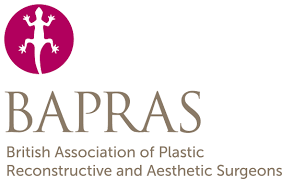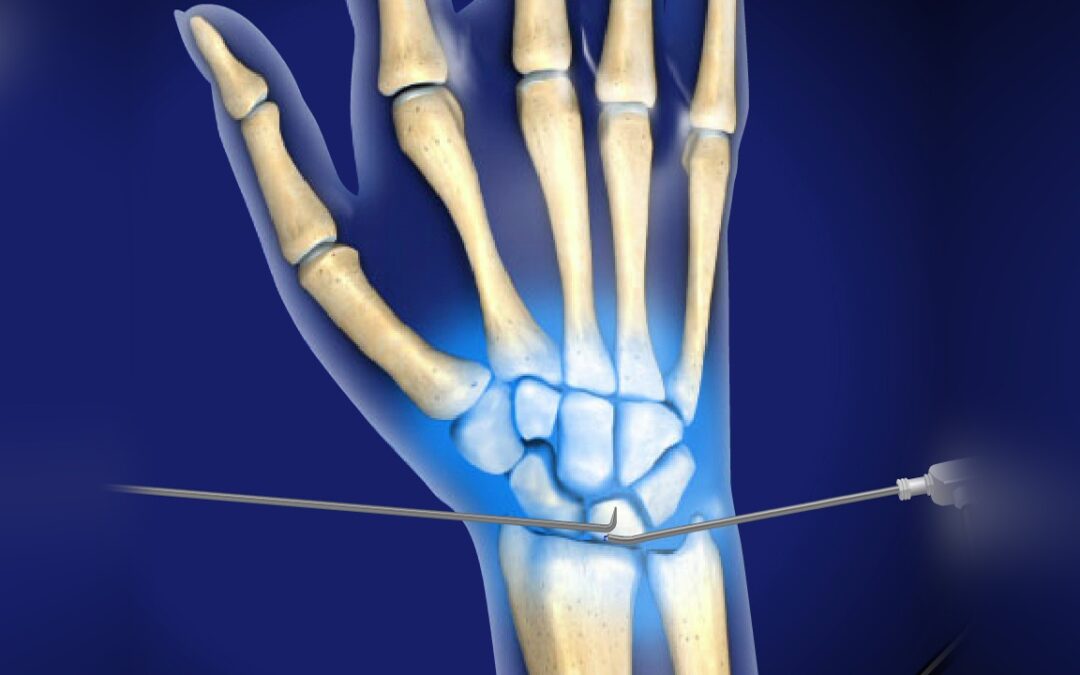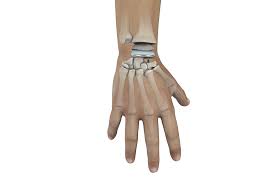Liposuction
Liposuction is a surgical procedure that removes fat cells from specific areas of the body. It is a popular cosmetic procedure that can be used to improve the appearance of the abdomen, hips, thighs, buttocks, arms, and neck.
Who is a good candidate for liposuction?
Liposuction is a good option for people who have:
- Excess fat in specific areas of the body
- A healthy BMI (body mass index)
- Good quality skin that is elastic and will recontour back when the excess fat is removed
- Realistic expectations about the results of liposuction
What are the risks of liposuction?
All surgery carries some risks, including:
- Bleeding
- Infection
- Numbness or tingling in the skin
- Fluid collection under the skin
- Scarring
- Contour irregularity
What happens during liposuction?
Liposuction is usually performed under general anaesthesia. Mr Jabir will discuss what exactly happens during the procedure during your consultation but in general, it involves making small incisions in the skin and inserting a thin tube called a cannula. The cannula is attached to a vacuum device that sucks out the fat cells.
How long does liposuction take?
The amount of time it takes to perform liposuction depends on the size of the area being treated. Typically, liposuction takes 1-3 hours.
What is the recovery time for liposuction?
The recovery time for liposuction varies depending on the size of the area being treated and the amount of fat that is removed. Typically, you will need to wear a compression garment for 2-4 weeks after surgery. You will also need to avoid strenuous activity for 2-4 weeks.
What are the results of liposuction?
Liposuction can produce dramatic results, giving you a slimmer, more contoured body. However, it is important to remember that no surgery is perfect.
Here are some additional tips for patients considering liposuction:
- Be realistic about your expectations. Liposuction cannot completely erase the effects of ageing or weight gain.
- Choose a board-certified plastic surgeon with experience in liposuction.
- Ask your surgeon about their aftercare plan.
- Be prepared for a lengthy recovery period.
- Be patient with your results. It can take up to a year for your body to fully heal.
Here are some frequently asked questions about liposuction:
- Can I get liposuction if I am overweight? Yes, you can get liposuction if you are overweight. However, it is important to lose as much weight as possible before surgery. This will help to reduce the amount of fat that needs to be removed, and it will also make the recovery process easier.
- What is the difference between liposuction and liposculpture? Liposuction and liposculpture are both procedures that remove fat cells from the body. However, liposculpture is a more invasive technique that uses targeted liposuction to better define specific aspects of the body such as the six-pack muscles. Liposculpture is suitable for patients who have already achieved a degree of definition through diet and exercise and are looking for further refinement. It is therefore not suitable for everyone.













